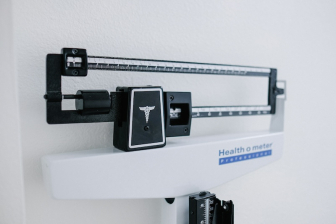New study uses focussed ultrasound to deliver anti-cancer drugs across the blood brain barrier
Last updated: 01 November 2019
You can legally access new medicines, even if they are not approved in your country.
Learn howA study has analyzed the use of focused ultrasound to improve the delivery of anti-cancer drugs across the blood brain barrier into brain tumors.
The report, which was published in PNAS, uses advanced techniques and mathematical modeling to track the potential of this minimally invasive treatment approach in an animal model of breast cancer brain metastasis. "The blood brain barrier is a challenge in the treatment of brain malignancies, as it can hinder drug delivery," says co-corresponding and co-lead author Costas Arvanitis, PhD.
In their experiments, researchers from Massachusetts General Hospital (MGH) explored the ability of focused ultrasound to enhance delivery of two types of anti-cancer drugs: the common chemotherapy drug doxorubicin and a more targetted drug, T-DM1. The approach improved the delivery of both drugs across blood vessel walls, with an even bigger improvement for the smaller doxorubicin molecule, it also improved the distribution of both drugs within tumor the brain tumors themselves.
For the first time, the MGH team's experiments showed that focused ultrasound improved the ability of the drugs to pass through the cells that line tumor blood vessels, leading those cells to take up doxorubicin. "By laying the groundwork for more rational design and deeper understanding of focused-ultrasound-based treatment, our work could help improve treatment of any brain tumor -- primary or metastatic -- and could also revolutionize approaches to immunotherapy of tumors by improving localized delivery of tumor-killing immune cells."




